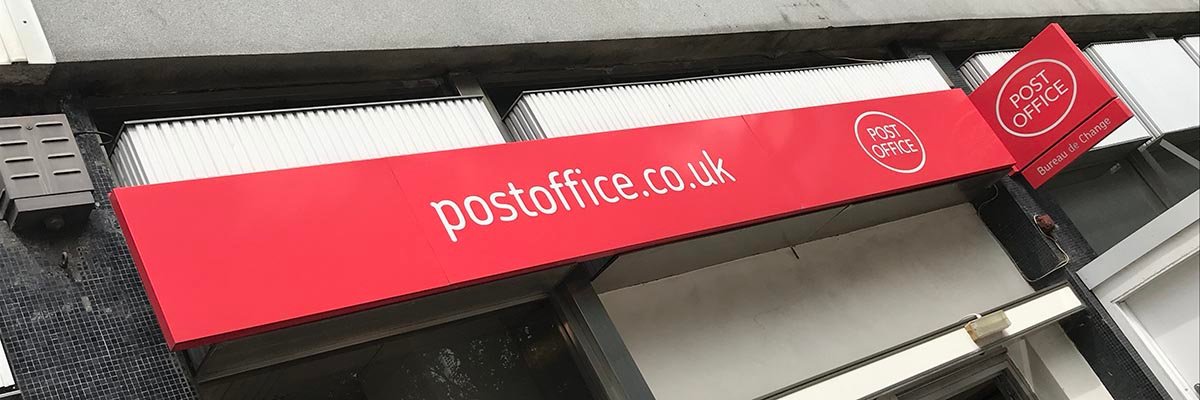conformal coating protect pcb and pcbas from environmental factors
In the realm of electronic engineering, Printed Circuit Boards (PCBs) and Printed Circuit Board Assemblies (PCBAs) stand as foundational elements, orchestrating the complex symphony of modern technology. However, the delicate nature of these components leaves them vulnerable to a myriad of environmental stressors that could compromise their functionality and longevity. Conformal coating emerges as a crucial solution, offering a protective shield against these external factors and ensuring the resilience of PCBs and PCBAs in diverse operating environments.
At its essence, conformal coating serves as a thin, protective film applied to the surface of PCBs and PCBAs. This coating material, which can vary from acrylics to silicones to epoxy resins, forms a barrier that shields the underlying circuitry from a range of environmental threats. Moisture, one of the most pervasive adversaries, poses a significant risk to electronic components, potentially leading to corrosion, short circuits, and performance degradation. Conformal coating acts as a waterproof seal, preventing moisture ingress and safeguarding the integrity of the circuitry even in humid or damp conditions.
Beyond moisture protection, conformal coating offers defense against other environmental hazards that could compromise the functionality of pcb and pcba. Dust, dirt, and airborne contaminants have the potential to accumulate on the surface of electronic components, leading to electrical issues or interference with signal transmission. By forming a protective barrier, conformal coating prevents these particles from adhering to the board, thereby maintaining optimal performance and reliability over time.

How does conformal coating protect pcb and pcbas from environmental factors?
Temperature fluctuations present another challenge for electronic devices, as they can induce thermal stress and potentially cause damage to sensitive components. Conformal coating provides insulation against extreme temperatures, helping to mitigate the risks associated with thermal cycling and ensuring consistent performance across a wide range of operating conditions. Moreover, certain formulations of conformal coating offer resistance to chemical exposure, protecting PCBs and PCBAs from corrosive substances that could erode or degrade the circuitry.
Mechanical stress, whether from handling, assembly processes, or operational vibrations, poses yet another threat to the integrity of PCBs and PCBAs. Conformal coating serves as a protective barrier, reducing the risk of physical damage and ensuring the structural integrity of the components. This is particularly important in applications where electronic devices are subjected to harsh environmental conditions, such as automotive electronics, aerospace systems, or industrial machinery.
In addition to its protective function, conformal coating can also enhance the electrical properties of PCBs and PCBAs. Certain formulations offer dielectric properties that help minimize signal loss or interference, thereby optimizing the performance of high-frequency circuits or sensitive electronic systems. By reducing the risk of arcing or leakage, conformal coating contributes to the overall safety and reliability of electronic devices, especially those used in critical applications such as medical devices or telecommunications infrastructure.
In conclusion, conformal coating plays a pivotal role in protecting PCBs and PCBAs from a wide range of environmental factors that could otherwise compromise their functionality and longevity. By providing a waterproof seal, insulation against temperature fluctuations, and defense against mechanical stress and chemical exposure, conformal coating ensures the resilience of electronic components in diverse operating environments. As technology continues to evolve, the importance of conformal coating in electronic manufacturing remains paramount, enabling innovation and reliability across various industries.




